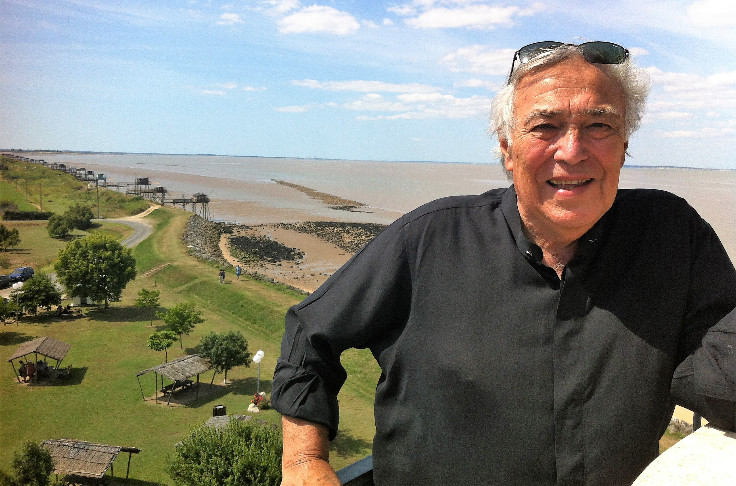Jean-Michel Cazes’ take on Bordeaux’s great growths, and its great crises

Jean-Michel Cazes: I left when I was 18 and came back when I was 36 because my father was extremely overworked and tired. He was working like mad for his insurance agency, in Pauillac and Dax, and my grandfather (Jean-Charles Cazes) was getting very old (and making mistakes). I thought to myself, why not go for a change. I wasn't a revolutionary, but after May 1968 the culture changed considerably. In my youth, you had to go to Paris to succeed, but after May 68 people started to think differently. I was doing some soul-searching, IBM was offering me a job abroad and I had offers from French companies.
I didn't think I would thrive in wine at all. That was not the reason I came to Pauillac. I was sure that I had a job and could earn a living in insurance. I did an internship to learn how to write insurance policies so that I could work with my father, who was the mayor. I could see myself stepping into his shoes, both in the insurance business and at the town hall. It also enabled me to keep the vines that my father wanted to sell, this was secondary but sentimental. I had no idea that things would turn out the way they did over the coming years.
Absolutely, that's the truth. When I arrived in 1973, the 1972 En Primeur wines were not selling (prices had trebled); in September 1973 there was the oil crisis which brought sales to a halt, and on top of that came the Cruse affair of widespread fraud in Bordeaux wines. Crises are independent of everything else. What they all share in common is that the day before they occur, we don't expect them. Something happens somewhere that puts a spanner in the works. This was true in 1973 for the oil crisis. In 1993, the Gulf War came unannounced.
The Commanderie du Bontemps started in the 1950s with a group of MĂ©doc winegrowers, led by Henri Martin in Saint-Julien-de-Beychevelle. My father was a member. In the aftermath of the war, business was going badly and a team started to assemble to see what could be done. They established the Bontemps in 1950, after considering various options including a principality of the MĂ©doc. To collect the seed money required, they held a wine auction. I found documents from the time and they make for impressive reading, with growths like Lafite and Mouton donating 20 or 30 barrels of their first wines. Try asking for 3 bottles nowadays! There was a very strong, very powerful collective spirit. The association was unique in that it brought together members from the production side and the trade. It is a mindset that no longer exists today.





